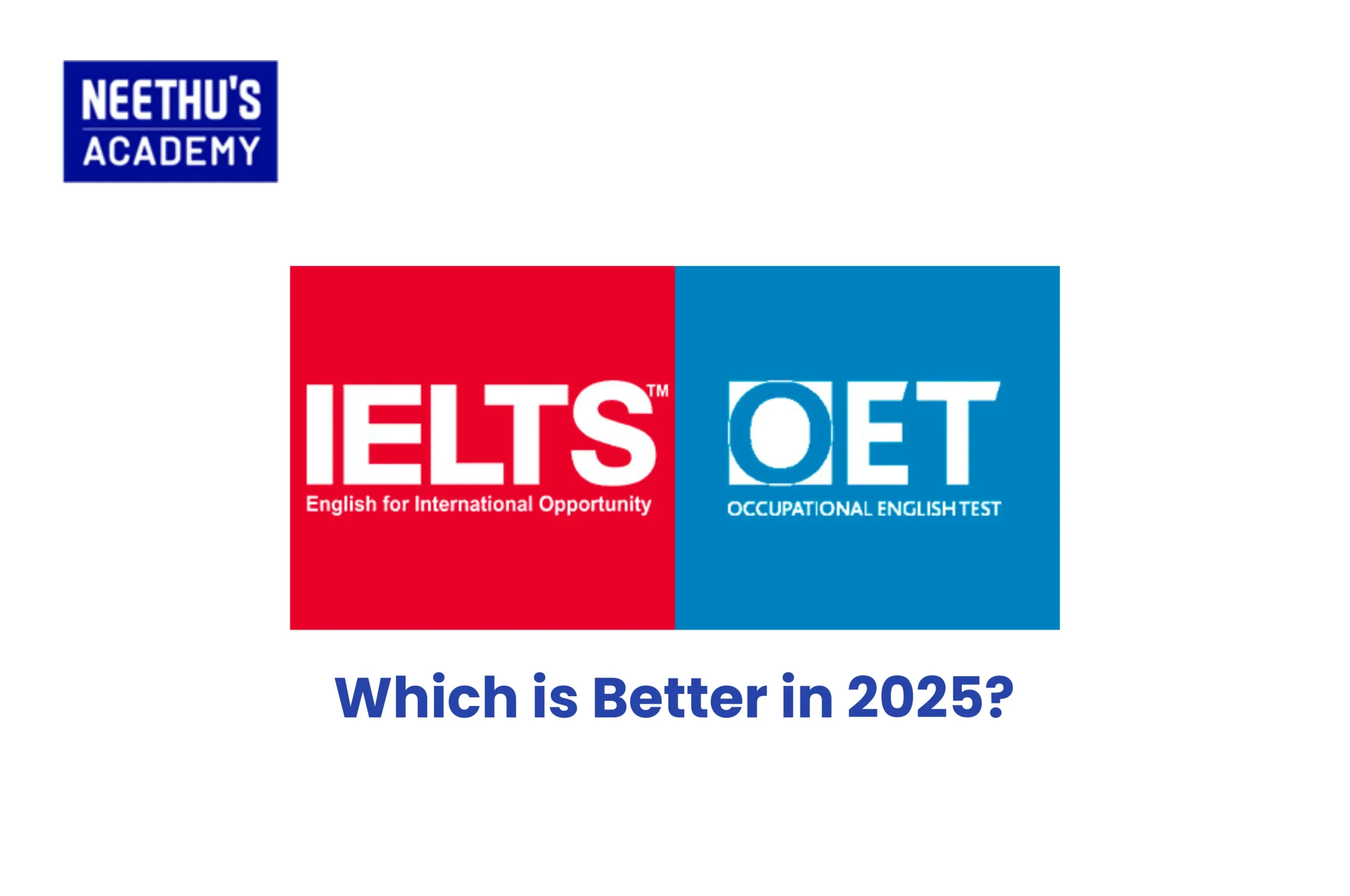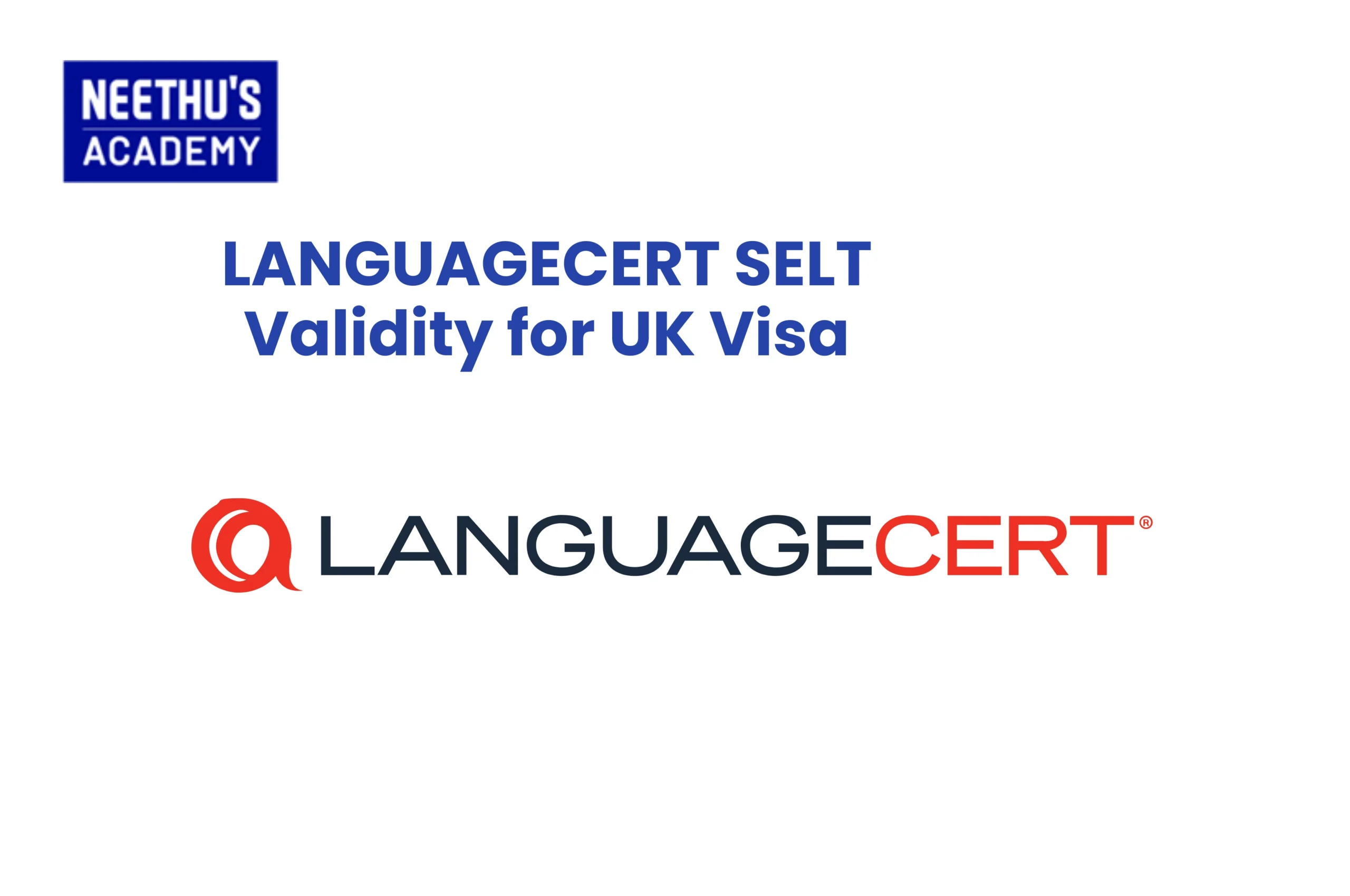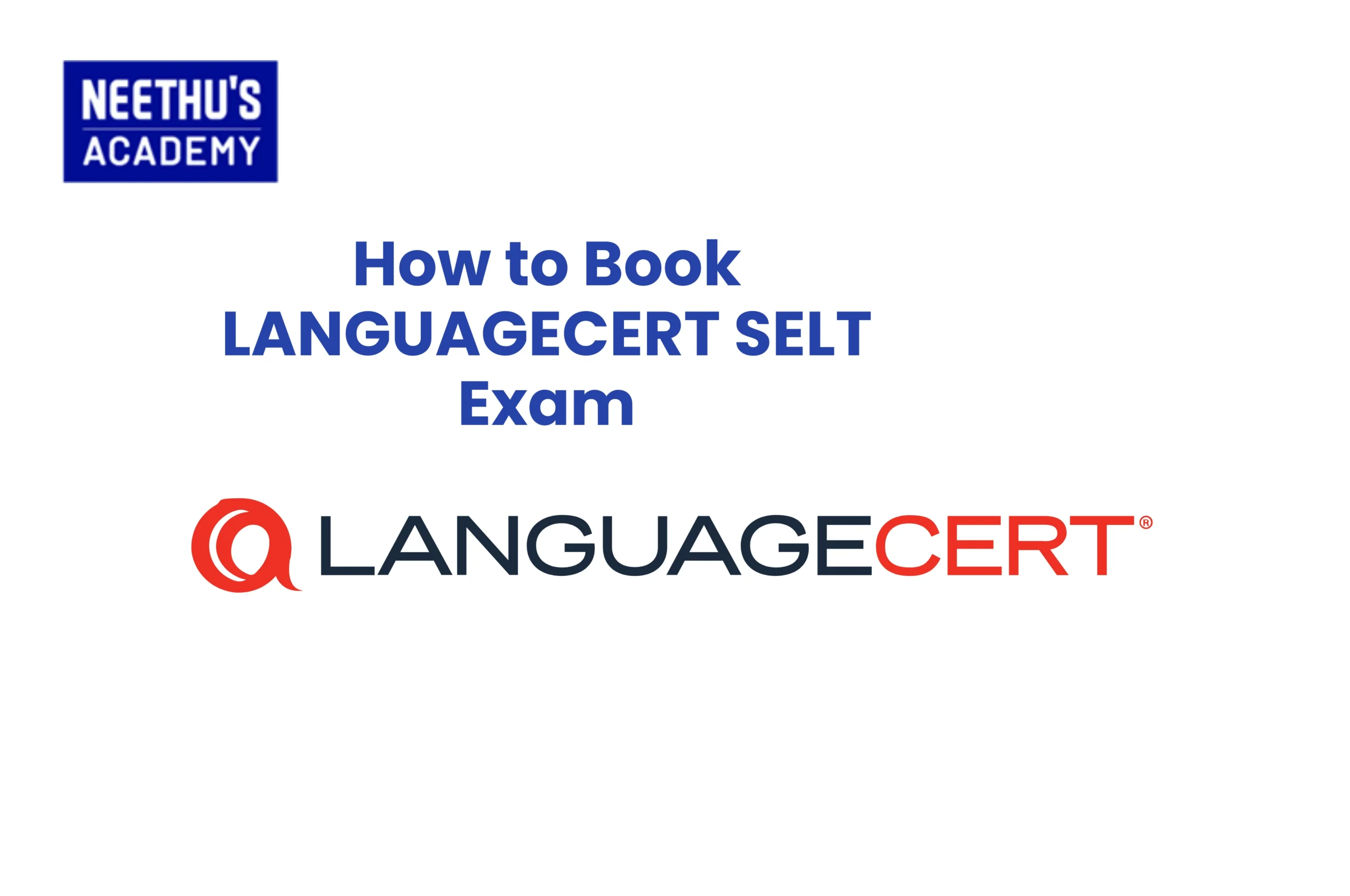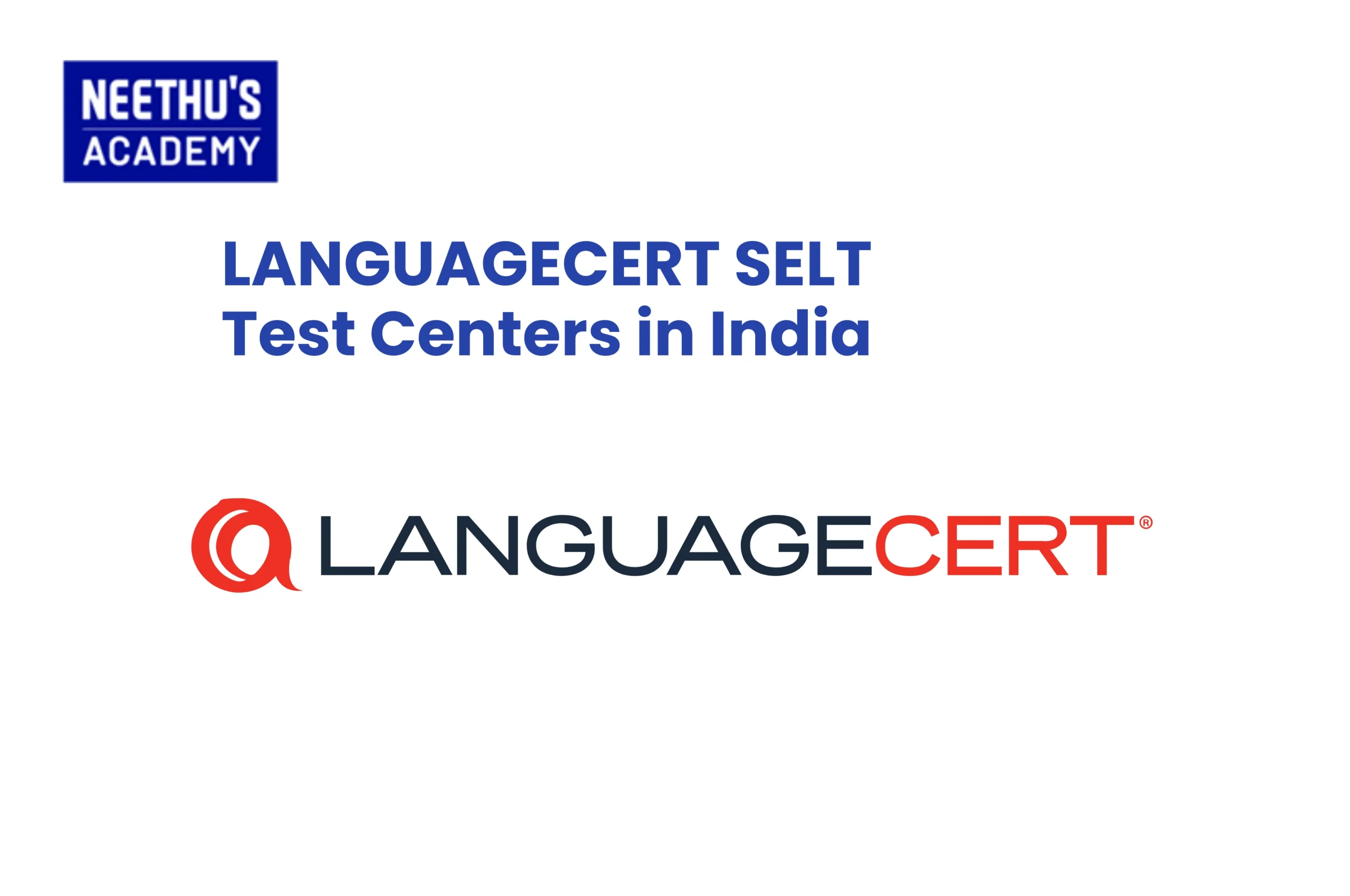For doctors, the Reading module is of extreme importance as it assesses the ability of a doctor to comprehend complex medical texts,…

OET vs IELTS for Healthcare Professionals: Which is Better in 2025?
For healthcare professionals in 2025, deciding between the Occupational English Test (OET) and the International English Language Testing System (IELTS) has become one of the most common dilemmas. Both tests are designed to measure English proficiency, but their purposes and structures are quite different.
Choosing the right exam can have a significant impact on your career, migration opportunities, and professional registration abroad.
OET is particularly designed for health professionals. It tests doctors, nurses, pharmacists, physiotherapists, dentists, and other health professionals on their English skills through actual real-world situations from the healthcare environment. For instance, a nurse may be required to compose a discharge letter or a doctor may have role-play discussions with patients.
IELTS, however, is a test of general English. It is utilized for study, work, and migration in numerous countries. It is available in Academic and General Training versions.
It is not healthcare-related, but IELTS has a far broader usage and is utilized by universities, immigration authorities, and professional organizations all over the world.
For those making a comparison of OET vs IELTS for medical professionals, learning the fundamental differences between the two is the beginning of making an informed decision.
Fundamental Differences in Test Structure
Perhaps the most significant difference between OET and IELTS is the test format. IELTS tests general English proficiency in listening, reading, writing, and speaking. The subject matters may be derived from a broad range of disciplines like science, technology, history, or everyday circumstances. The speaking component is an interview in which you discuss yourself, topical issues, or abstractions.
The writing component is mostly essays, graph interpretation, or formal letters.
OET, on the other hand, is professionally oriented. The listening and reading components are grounded in healthcare settings, including patient consultations, medical lectures, or workplace interactions. The writing component typically involves referring or discharging patients through letters, which are part of routine healthcare practice.
The speaking test is composed of role-plays in which the candidate has a conversation with a patient, caregiver, or colleague in a clinical environment.
This is why numerous doctors and nurses prefer OET. As an example, in the context of OET or IELTS for nurses, the task of writing for OET is more natural as nurses tend to write medical reports and notes. In IELTS, the same nurse has to write an essay on global warming or education policy, which is less related to their professional experience.
IELTS vs OET – Country Acceptance Comparison
Another important consideration is where your test results will be accepted. In the United Kingdom, both OET and IELTS are equally accepted by the Nursing and Midwifery Council (NMC) and the General Medical Council (GMC). That is, both exams are acceptable if you wish to work as a doctor or nurse in the UK.
Australia also accepts both tests via the Australian Health Practitioner Regulation Agency (AHPRA). Nurses, physicians, and other allied healthcare professionals are able to provide scores from either test.
Both IELTS and OET are accepted by the appropriate nursing and medical councils in New Zealand, so either is acceptable.
The situation changes when it comes to Canada. IELTS is widely recognised for immigration, professional licensing, and university admissions. OET, however, has limited acceptance in Canada, although some healthcare boards have started recognising it, especially for nurses and doctors. Still, IELTS remains the safer and more flexible option if Canada is your destination.
In the US, IELTS has been accepted for many years, but OET has made inroads more recently. It is now accepted by international medical graduates through ECFMG and by a few nursing boards. This indicates that OET is gradually making its presence felt internationally but IELTS is still the better-known test as a whole.
Which Exam is Best for Healthcare Professionals?
It depends. The answer doesn’t apply to everyone. Both tests have their positives based on your intent and level of English comfort.
OET is usually preferred by healthcare professionals who are interested in medical registration in English-speaking nations like the UK, Australia, or New Zealand. It comes more naturally because the test tasks mimic actual healthcare communication. Nurses drafting referral notes or physicians engaging in role-plays are basically doing what they already do in practice.
IELTS, however, is the more suitable option for those looking for flexibility. If you are looking to study overseas, migrate with your family, or retain career prospects in the future other than healthcare, IELTS has much higher acceptance globally. It is especially significant if you plan to migrate to Canada or seek university admissions in a foreign country.
Difficulty-wise, most health workers perceive OET to be easier due to its relatable context. However, this does not imply that it is a shortcut. Both exams need preparation, and both test listening, reading, writing, and speaking skills to a high level.
Tips to Choose the Right Exam
If you are still confused between OET and IELTS, here are some tips that can help you make the right decision in 2025:
First, check the requirements of your target country. If the nursing or medical council only accepts one of the exams, your choice is clear.
Second, consider your comfort zone. If essay writing and general topics are what intimidate you, then OET will come across as more accessible. If you feel comfortable with essay writing and working on a variety of subjects, then IELTS would be preferable.
Third, consider career flexibility in the long run. If you may switch jobs, pursue further study, or relocate to nations besides healthcare-specific professions, IELTS is the better bet.
Fourth, consider costs. IELTS tends to be less expensive than OET, so if cost is an issue, this may sway your choice.
Lastly, attempt sample tests of each. Doing practice materials will soon indicate which style comes more naturally to you.
Conclusion
In the OET vs IELTS debate for healthcare professionals, there is no one-size-fits-all answer. OET is specifically designed for healthcare professionals, which makes it extremely relevant and sometimes simpler for doctors and nurses. IELTS, however, provides unparalleled international recognition and adaptability, especially if you are going to migrate to Canada, study overseas, or leave career doors ajar outside healthcare.
The decision, in the end, is based on your individual goals, host country, and exam strengths. Doctors and nurses who wish to specialize in healthcare registration may prefer OET, but those looking for broader opportunities may find IELTS more beneficial.
Whichever one you opt for, appropriate preparation is the secret. Both exams require good communication skills and proper grasp of English. With the proper teaching and study schedule, medical professionals can pass either exam and take the next giant leap toward their global career.
Frequently Asked Questions
Practice on a daily basis with original healthcare audios, emphasizing comprehension and active note-taking.
Use empathetic statements such as “I understand your concern” and exercise a gentle, supportive tone.
Strive for 30–32 correct answers consistently in practice tests and apply organised strategies in the test.
Study all four modules with dedicated study and take expert assistance from a well-qualified coaching centre.
Related Blogs
- All Posts
- OET
Course Enquiry
Latest Posts
- All Posts
- canada
- CBT
- DELF
- DHA
- French
- GENERAL
- German
- Haad
- IELTS
- IQN NEW ZEALAND
- LANGUAGECERT
- LANGUAGECERT SELT
- MOH
- NCLEX-RN
- NHRA
- OET
- OSCE
- Pearson Vue
- PROMETRIC
- PTE
- TOEFL
- Back
- NCLEX - NGN
- Back
- OET FOR PHYSIOTHERAPIST
- OET FOR PHARMACIST
- OET FOR DOCTORS



